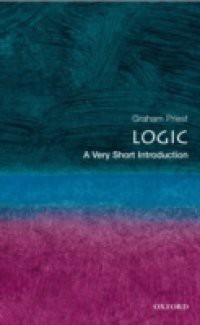For decades, bilingualism has resisted definition. If bilingualism is defined as habitual, fluent, correct and accent-free use of two languages, few individuals would qualify as bilinguals. A more viable approach may be to concede that 'bilingual' can be seen instead as a range of points on a continuum that allows for differences. The psychological study of bilingualism encompasses a wide range of phenomena including the organization and representation of the grammar, the perception and production of language mixing, cerebral lateralization of language functions, and patterns of recovery of aphasic patients. This book collects together an international array of researchers in experimental psychology, linguistics and neuropsychology, who bring their expertise to bear on the critical issues that are raised by the bilingual phenomena.


















